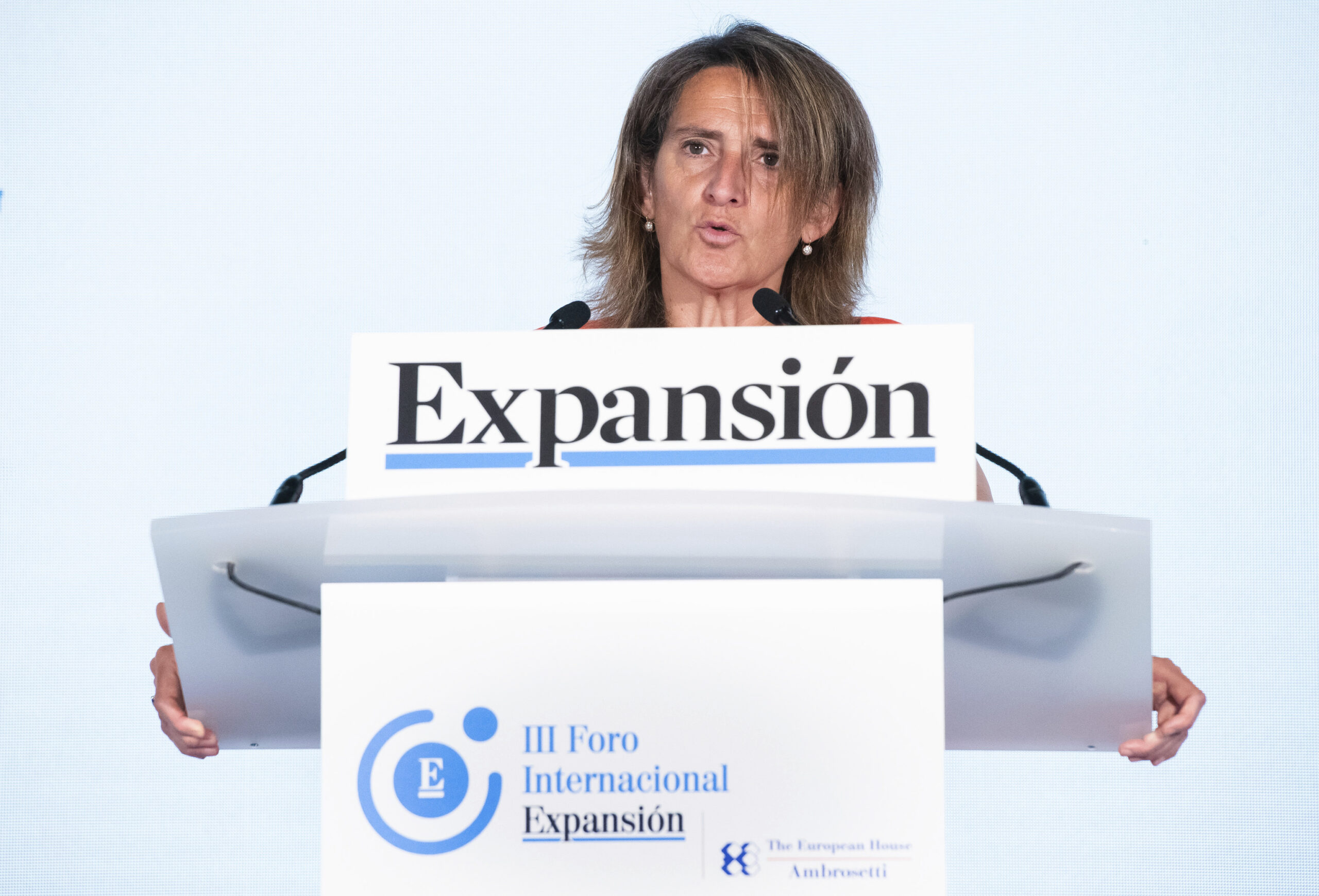The Third Vice President and Minister for the Energy Transition, Teresa Ribera, has opened a door to the possibility that the fuel discount will not apply to all consumers when it is extended until September 30. Ribera pointed out that the Government is studying whether the measure could be applied more effectively so that the reduction reaches those who need it most.
Thus, as Ribera explained in an interview on TVE, the Government plans to modify the discount when it is renewed -a few weeks ago it was announced that it would be extended, since in principle it was only going to be in force until June 30-, but only if find a “quick and fast” way to do it.
“We are seeing if there are more appropriate ways to specify who are the target subjects that are favored by these measures,” declared the Minister for the Energy Transition. If the formula to carry out the change is not found, the Government’s intention is “to continue working with that protection that we approved in March.”
Since it came into operation, there have been voices that have been raised against the aid that, for example, an EsadeEcPol report described as “low efficiency” because “it benefits high incomes.” Even within the Executive there were voices that followed this line, since the second vice president and Minister of Labor, Yolanda Díaz, has clashed with the Minister of Finance, María Jesús Montero, due to the lack of ‘aim’ of the bonus. In the opinion of Díaz -also of Alberto Garzón, who believes that these are “regressive measures”- “it is not correct to continue subsidizing without income bias.”
Recently, a survey carried out by the Registry of Fiscal Advisors Economists (REAF), has influenced this sort of opposition to discount coffee for all. 82.4% of those surveyed disagree or strongly disagree when asked if this action is the right one. From the organization they pointed out that “there is no perception that the measure is really effective” because “it seems that it should have been directed in another way or find a way to reach the most affected groups.”
The problem, broadly speaking, is that the measure applies to any user, regardless of their income level, when fuel consumption increases considerably as income increases. On the other hand, the discount is borne by all citizens, including those who do not refuel.
The Bank of Spain, in its annual report, also placed itself on this side of the debate. “The need to quickly attend to the most affected agents is covered through the fuel price subsidy, but this is a very generic measure, which may even have a regressive character, given that lower-income households probably have a lower consumption of these products,” the document states. The European Commission – which also believes that it is inconsistent with the climate emergency – and the IMF have criticized the use of general measures.
Conforms to The Trust Project criteria
















